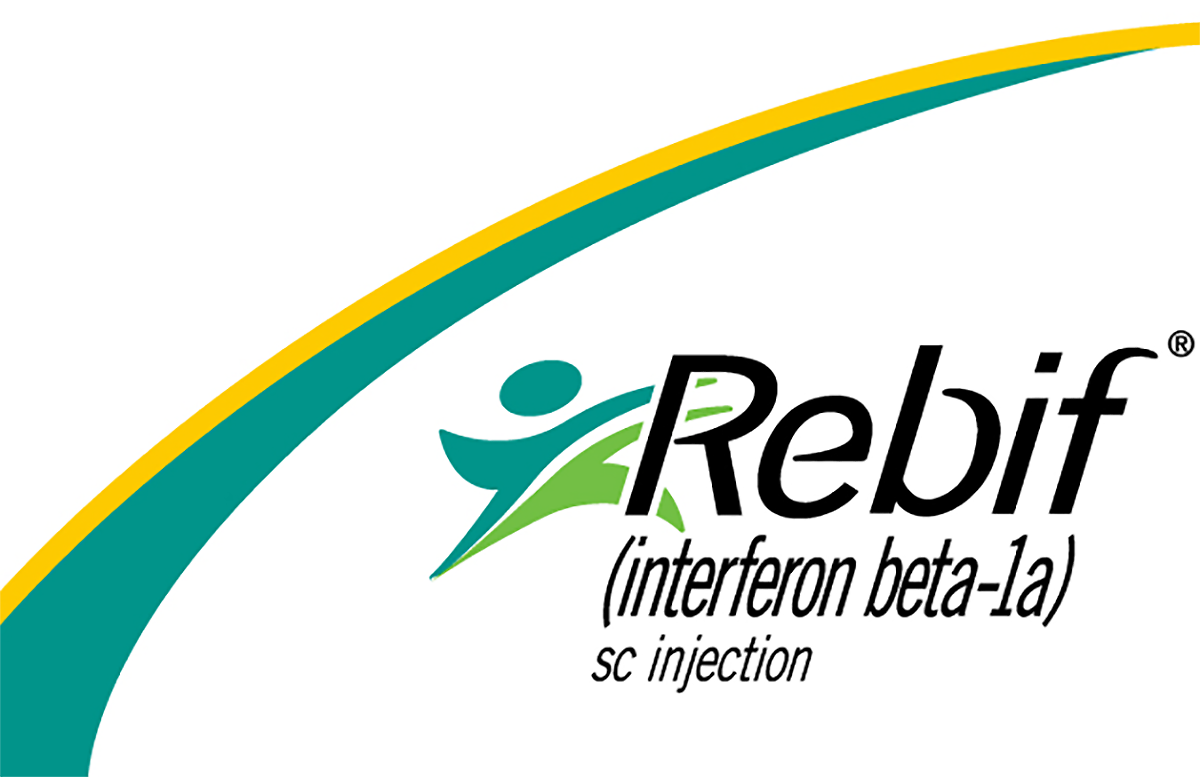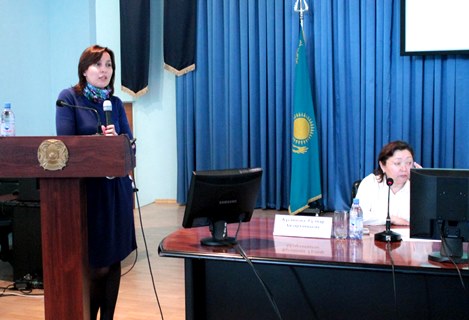News

Problems of adherence to prolonged treatment of patients with Multiple sclerosis
28 MarchOn March 28 in state-owned public enterprise on the right to conduct business “Central City Clinical Hospital” of Almaty a research and application conference for issues of multiple sclerosis therapy have been held.

As invited guest PhD Khachanova Natalya Valeryevna (Cathedra of Neurology, neurosurgery and medical genetics RNIMU after name of N. I. Pirogov; Moscow city centre of multiple sclerosis) made speech with report “Problems of adherence to prolonged treatment of patients with multiple sclerosis”.
According WHO data among neurological diseases a multiple sclerosis is the main cause of persistent invalidation of young persons. In 10 years since onset of disease 30-37 % of patients are able to move only with help of others, 50 % of patients have the difficulties with professional activity performance, more than 80 % of patients forced to change job. In 15 years only 50 % of patients keep ability to work, service themselves and freely move without help of others.
Treatment of multiple sclerosis (MS) with application of disease-modifying drugs (DACMS- drugs altering the course of MS) can decrease relapses rate and delay progression of invalidation. However, compliance of DACMS application regime by patients is very difficult to monitor.
The data, obtained during investigations, conducted by European experts, witness that incompliance of regime of introduction of these drugs is a common event, that can put at risk the success of treatment.
Adherence to therapy – is as man’s behavior (application of drug, compliance of diet and/or alteration of life style) is consistent with medical expert recommendations. To improve adherence we need multidiscipline approaches due to which a serious attitude to disease is possible.
For the more convenience of patients company Merck Serono have developed a new drug formulation of the INF beta-1a (Rebif ® new composition). A new drug formulation of Rebif ® is altered to improve tolerability of injections and immunogenic characteristics. Concurrently from production process an embryonic bovine serum is removed, and from drug formulation a serum human aluminium is removed. And also the drug began to release in preliminary filled syringe Rebiject IITM (autoinjector).
As result of compared study of tolerability of drug a reaction frequency in the place of injection of new drug formulation Rebif ® was almost three times lower.
Also Natalya Valeryevna focused on psychological causes of refuse from therapy, such as: problems of interaction with medical workers, lack of knowledge about disease, neurological deficit, emotional distress, cognitive disturbances. As patients opinion about disease and his knowledge about it determine his behaviour in relation to disease.

